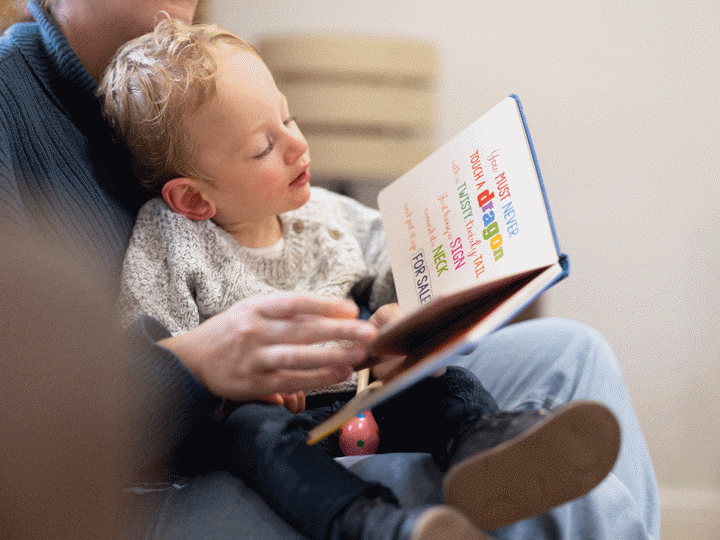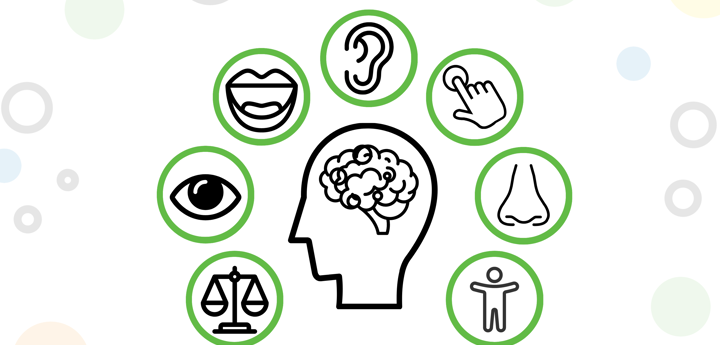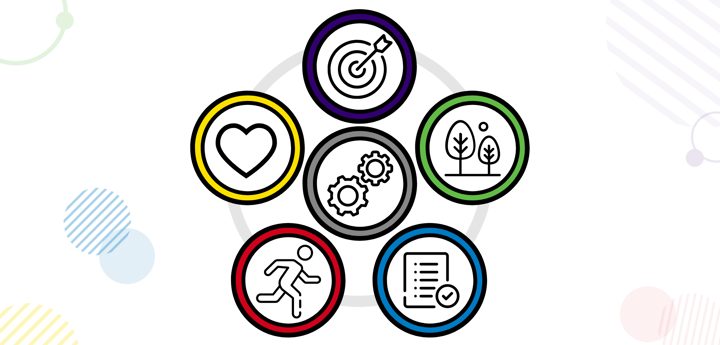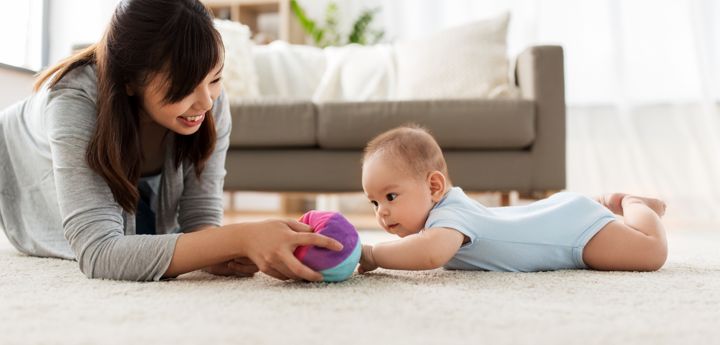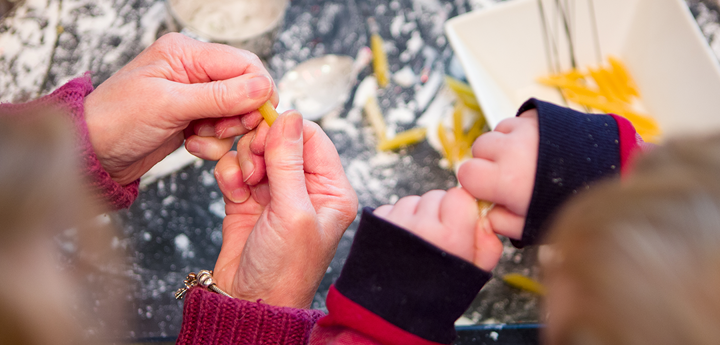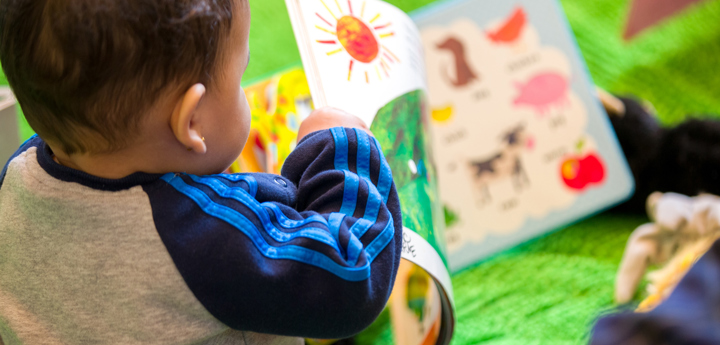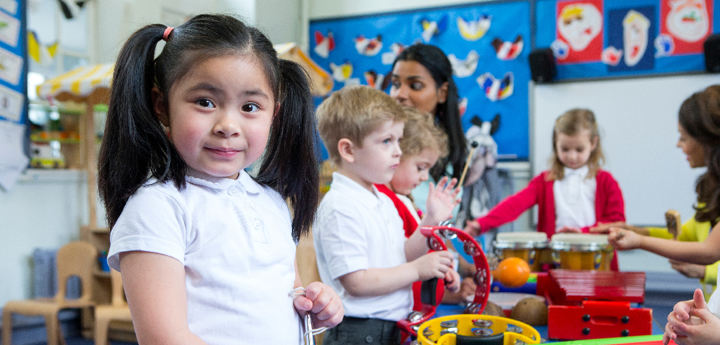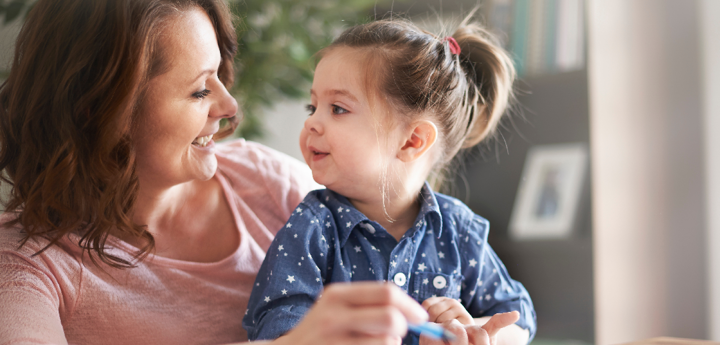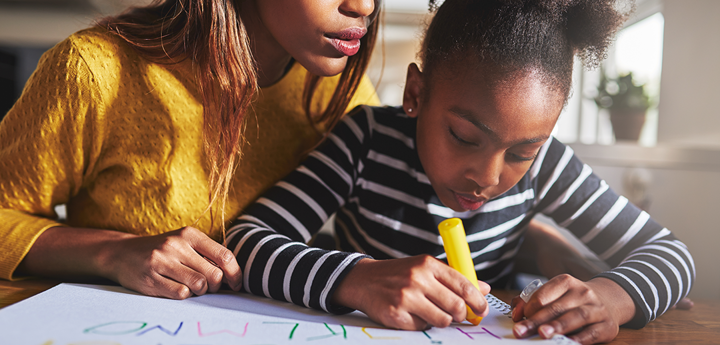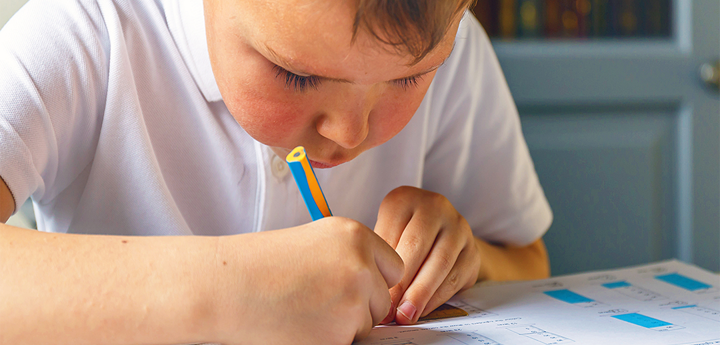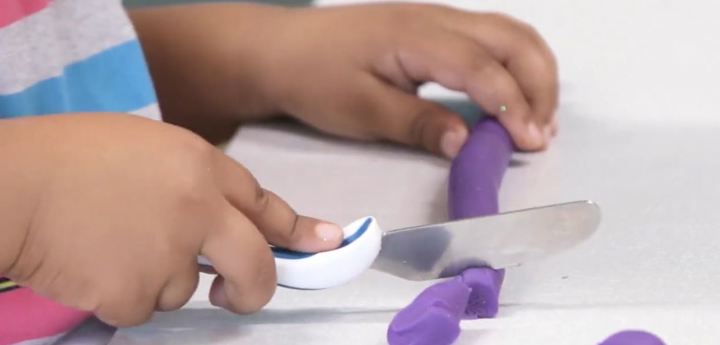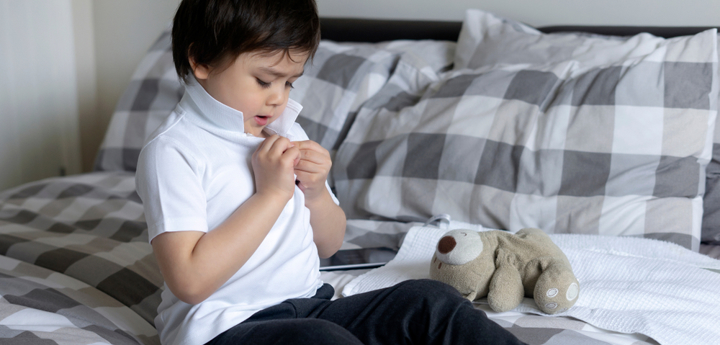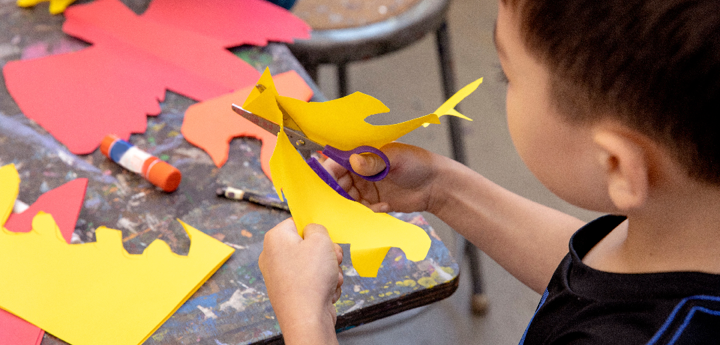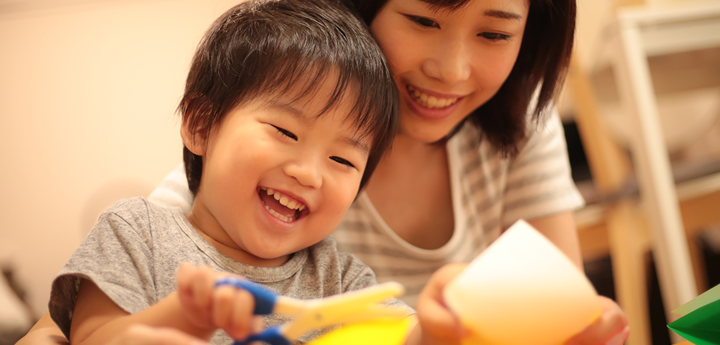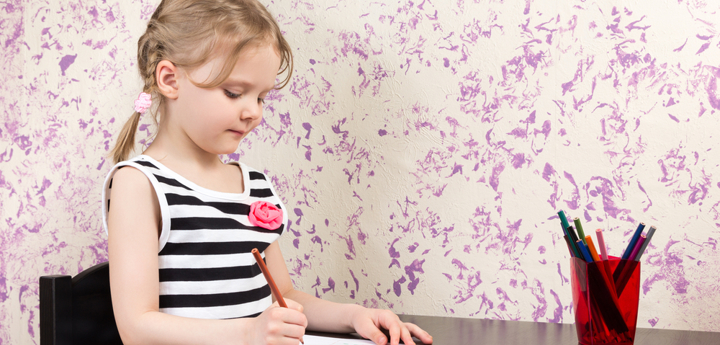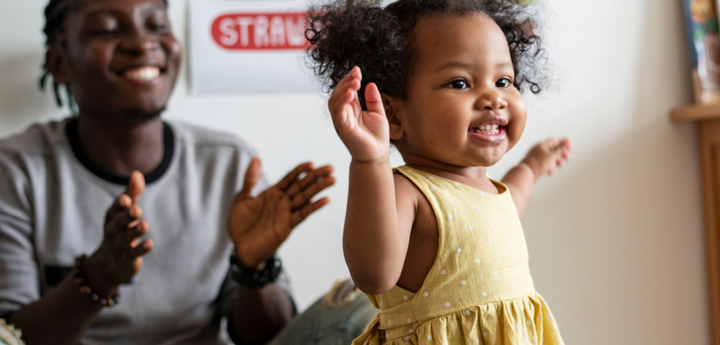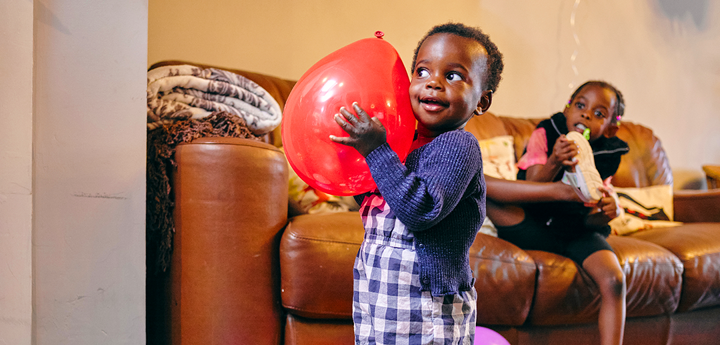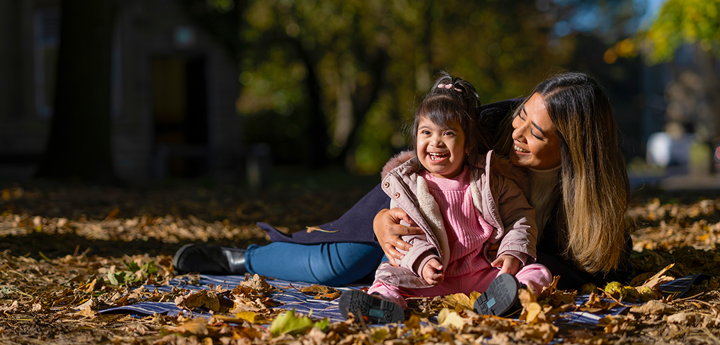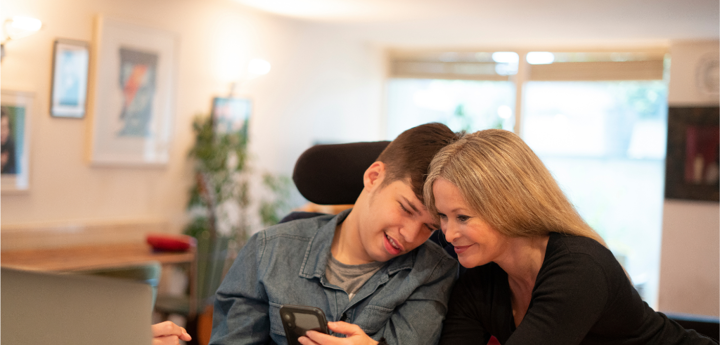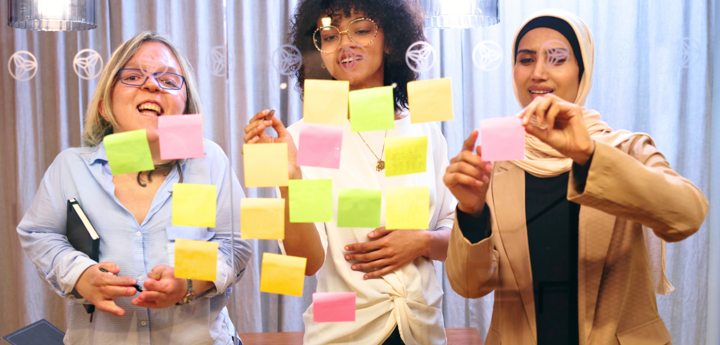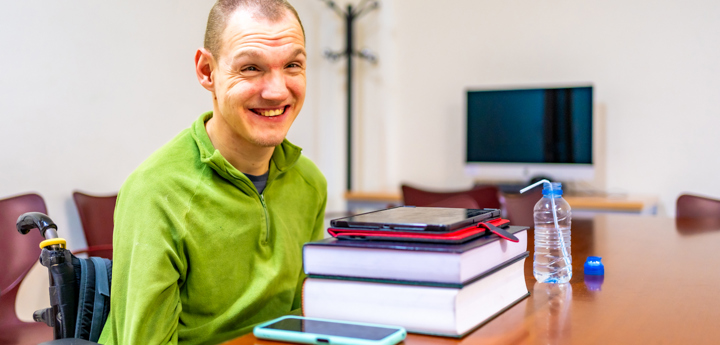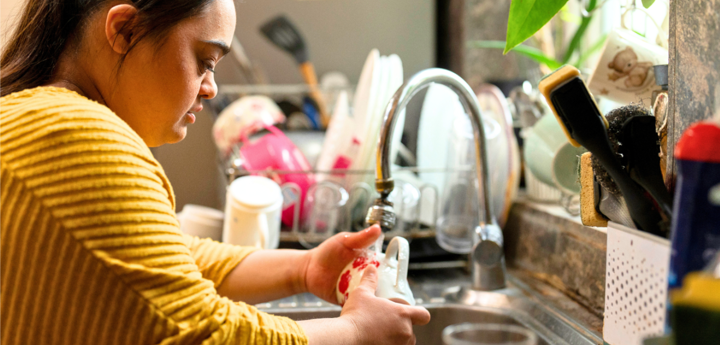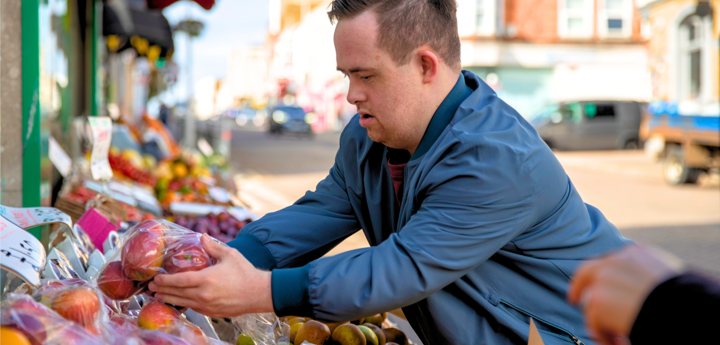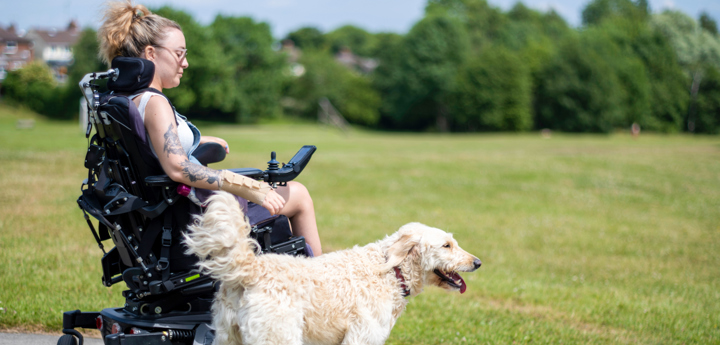Bedfordshire and Luton Children's Occupational Therapy Service
This specialist service is for children and young people living in Bedfordshire and Luton. A referral is needed.
Contact us
You can contact our service Monday to Friday 8.30am to 4.30pm.
- North Team (North Beds and Bedford Borough) telephone number - 01582 509890
- South Team (South Beds, Central Bedfordshire and Luton) telephone number - 01582 509862
- North Team email address - ccs.beds.childrens.cdc.ot@nhs.net
- South Team email address - ccs.beds.childrens.ot.redgrave@nhs.net
- Professionals - referral forms and guidance
Welcome to our service
We are children’s occupational therapists and occupational therapy assistants working in the Bedfordshire and Luton communities. You are the expert on your child and the situation, we will offer you our knowledge and skills to help you help your child. We see children at home, in school and in a clinic setting.
Child: “What is Children’s Occupational Therapy and what do you do?”
Occupational Therapist “We assess and treat children and young adults who may be experiencing difficulties with their everyday activities such as dressing, using cutlery, writing and play skills. We use specialist approaches and techniques to help the child to learn to do these things as independently as possible. We also try and provide you with strategies to help your child if they face problems with these kinds of activities in the future.”
Child: “What can we expect when we come in for an assessment?”
Occupational Therapist: “You will either be seen by video link on the computer or in person in one of our quiet therapy rooms where they will work with a therapist on a 1:1 basis. During the assessment we talk to you and your child to find out what everyday activities they are struggling with and talk about concerns mentioned in the referral. We then ask your child to carry out activities, based on this.
Voiceover during shots of child engaging in activities
“These activities can include, writing, dressing, using cutlery, using scissors, and can also include looking at their general coordination skills. For younger children we look at how they use their hands in play.”
Mum: “What happens if things change and I can’t attend an appointment?”
Occupational Therapist: “If you can’t attend your appointment for any reason just let us know as soon as you can so we can offer that appointment to another family on our waiting list and reschedule yours for a different time. It is our policy to discharge patients if they don’t come to 2 appointments without telling us, so just make sure to let us know if things do change and you can’t attend.”
Mum: “How do you support parents who’s children have sensory processing difficulties?”
Occupational Therapist: “Regarding sensory needs, our service follows guidance from The Royal College of Occupational Therapy. The guidance in one of their most recent publications, states that Occupational Therapists should maintain their occupational focus and that sensory issues should be considered where these impact on the daily lives and activities of children. We are now pleased to offer online training and resources to support sensory differences in everyday activities and situations, this is continually being reviewed and updated.
Child: “Will I be coming back to see you?”
Occupational Therapist: “You might be. When you finish on the day the Therapist will agree with you and your parent what happens next. We might see you again or we might not need to, but we will explain everything on the day and come up with a plan together.
Mum: “How can my child be referred?”
Occupational Therapist: “Children can be referred by a health professional who knows them well or a school SENDCo. Our referral form is on our website, which also provides information on a wide range of skill development.”
Redgrave Garden Children's Centre, Luton
Redgrave Garden Children's Centre, Luton, LU3 3QN
Children's occupational therapy clinics
Child Development Centre (CDC), Hill Rise, Kempston
Child Development Centre (CDC), Hill Rise, Kempston, MK42 7EB
Children's occupational therapy clinics
Information and advice
Sensory differences
More information about our services and offer
Everyday skills
More information about our services and offer
Co-ordination and conditions
Professionals - referral forms and guidance
A referral to Paediatric Occupational Therapy should be considered if the child has:
- difficulties with functional skills, such as, dressing skills, cutlery skills or pencil skills, that are not in line with their overall developmental abilities (this includes academic attainment levels). View the ‘Approximate Age Norms’ table on the referral form
- equipment needs at school such as, specialist postural seating
We do not accept parental referrals or self-referrals.
We accept referrals from GPs, health professionals, Special Educational Needs Co-ordinators (SENDCos), early years support teams and sensory and communication teams.
We do not accept paper referrals. We will only accept referrals via SystmOne or email. If you are trying to refer to our service in:
- Bedfordshire Borough and North Bedfordshire - email a completed referral form to ccs.beds.childrens.cdc.ot@nhs.net
- Central Bedfordshire, South Bedfordshire and Luton - email a completed referral form to ccs.beds.childrens.ot.redgrave@nhs.net
-
Bedfordshire And Luton OT Referral Guidance (2025)
55.30Kb
Uploaded 20/08/2025
-
Bedfordshire And Luton OT Under 2'S Referral Form (2025 V2)
413.18Kb
Uploaded 19/08/2025
-
Bedfordshire And Luton OT Referral Form (December 2025)
1808.38Kb
Uploaded 06/01/2026
Occupational Therapy
Training and workshops
Have your say
Please tell us about your recent experience with any of our services by answering a few simple questions. We want to hear about what you felt went well and what you think we could do differently.
Your voice makes a difference and helps us improve our services for you and other families.
